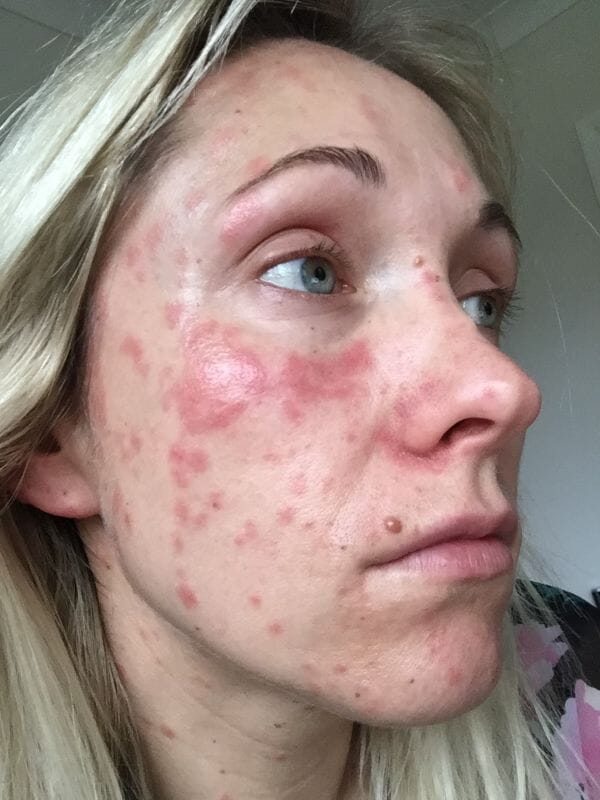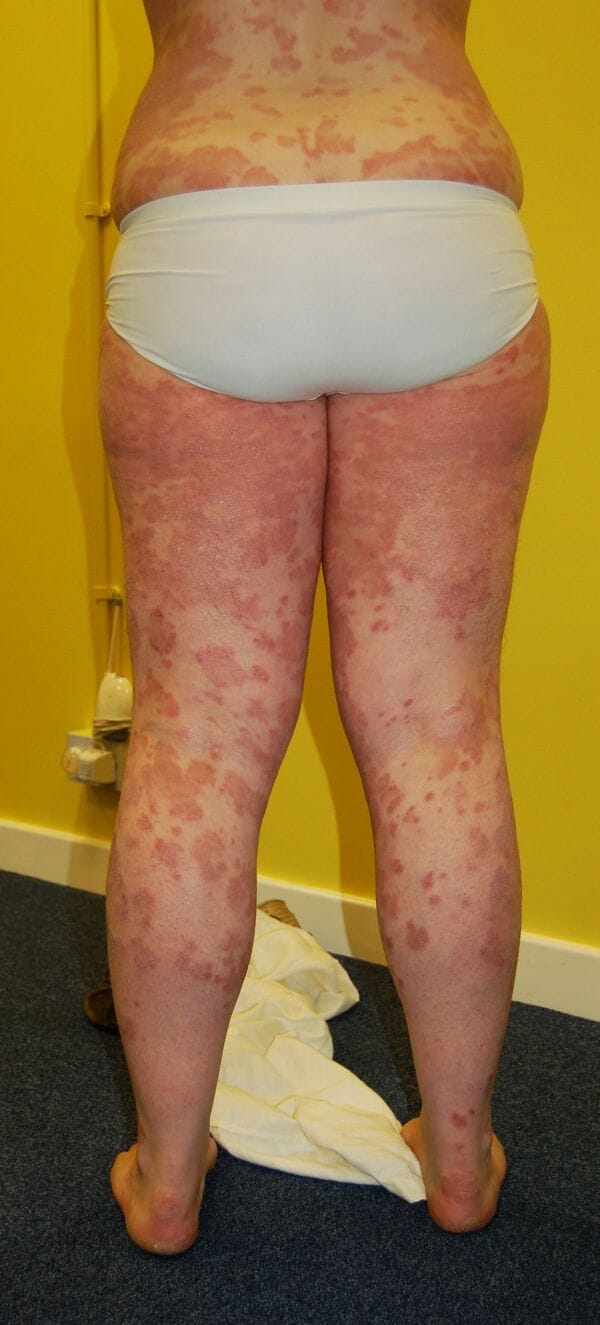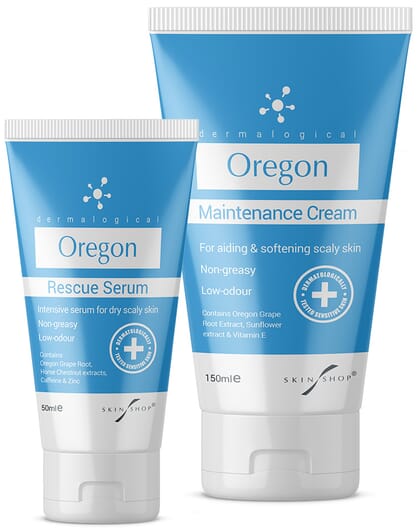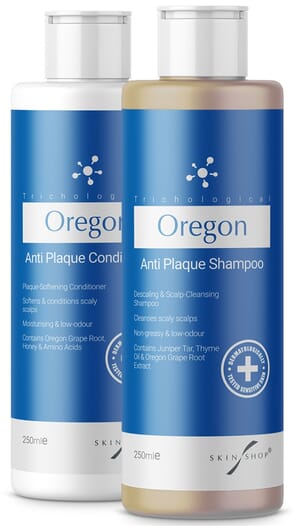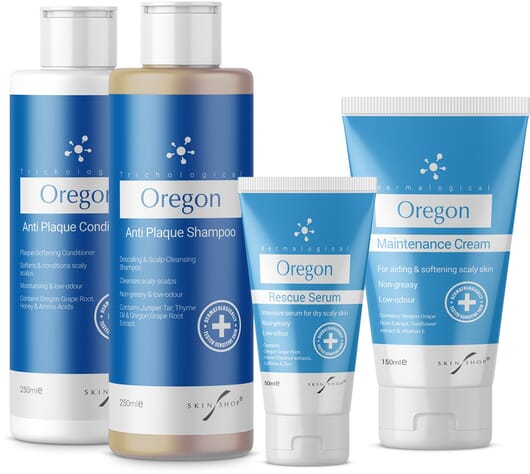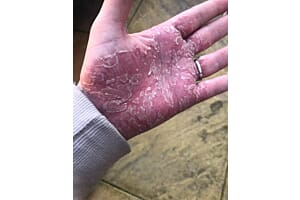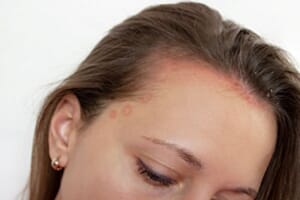It’s been established in several studies that being overweight can cause psoriasis to get worse or even trigger it, and the more overweight a person is the worse the psoriasis is.
Therefore, it logically follows that modern weight loss jabs could inadvertently also help with reducing the severity of psoriasis due to weight loss.
Weight loss drugs work by mimicking the effects of a naturally occurring hormone called glucagon-like peptide-1 (GLP-1), which plays a role in regulating blood sugar and appetite. They help lower blood sugar levels, slow down digestion and reduce appetite, which can lead to weight loss. Whilst these drugs are commonly prescribed to people with diabetes to help manage their blood sugar, nowadays they are increasingly used to help people lose weight.
There are now some preliminary studies (1,2,3,4) suggesting that weight loss drugs really do have a beneficial effect on psoriasis, especially in people with type 2 diabetes.
A recent study at King’s Collage London (5) on people in the UK with psoriasis found that it’s not just overall obesity that increases the severity of psoriasis but specifically belly fat.
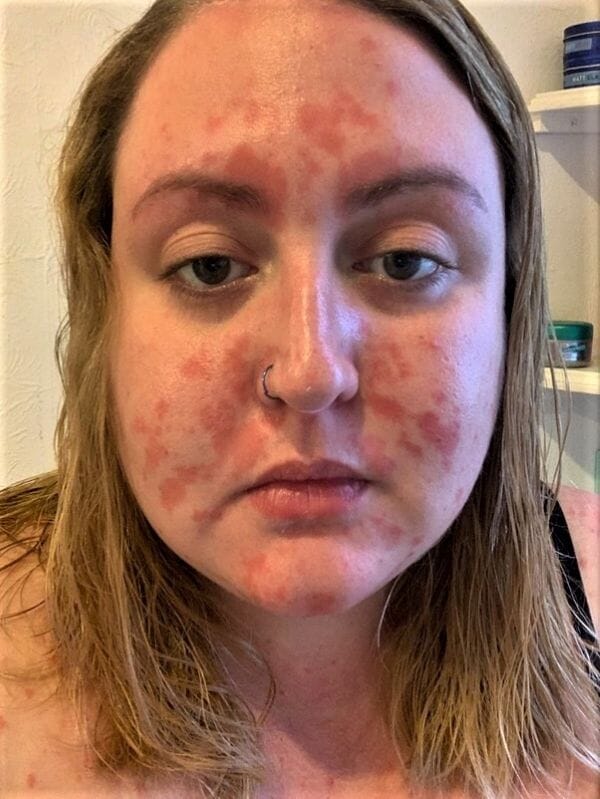
The researchers examined 25 different body fat measures using traditional methods and advanced imaging techniques, to assess how each was associated with psoriasis. They found the waist-to-hip ratio on a person was the strongest risk factor for psoriasis.
The research didn’t go on to theorise as to why belly fat poses such a particular risk factor for psoriasis, but Dermatologist Dr Eva Melegh’s says, “fat tissue can affect the delicate hormonal balance, and in obese people the hormone leptin is often produced at higher levels. Leptin is a trigger for an inflammatory response in skin, so this is perhaps why obesity can trigger more severe psoriasis flares.”
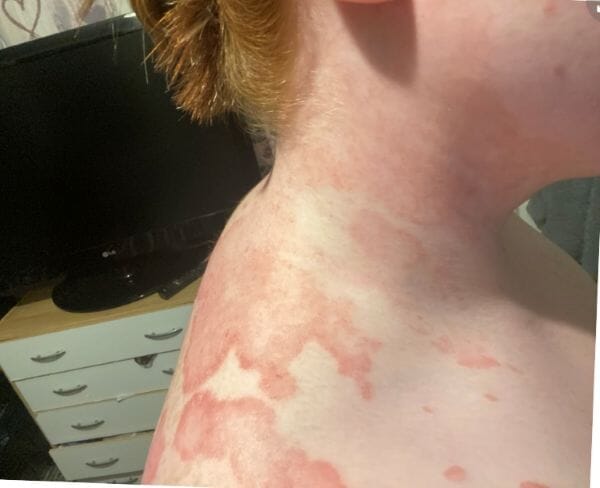
A separate study last year (6) found that psoriasis patients who were taking glucagon-like peptide-1 receptor agonists for type 2 diabetes showed a significant reduction in PASI scores, which are a measuring scale for the severity of psoriasis, with fewer markers for of inflammation in layers of the skin and reduced auto immune responses.
Now researchers and doctors are calling for wider clinical trials to further explore the potentially positive effect of weight loss drugs for the treatment of psoriasis in obese patients both with and without diabetes.
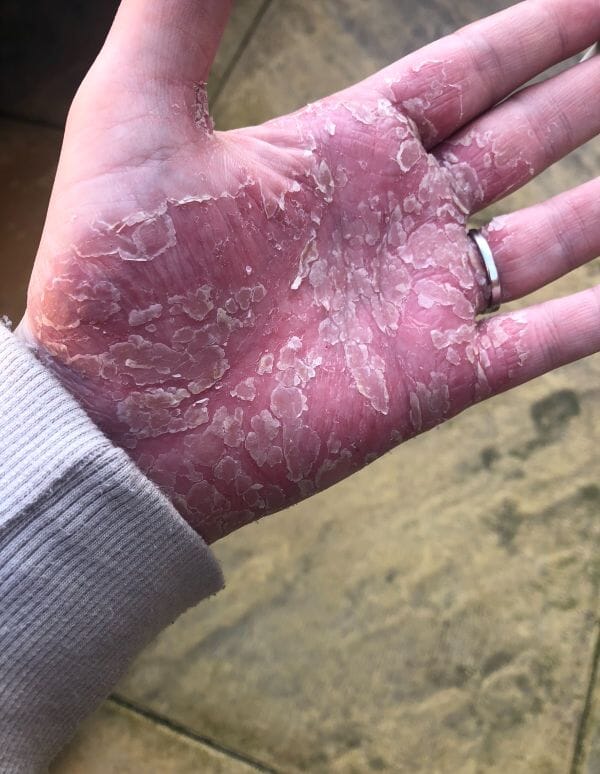
“What would be interesting to assess now are not only a more in-depth look at the effects of weight loss drugs on the treatment of psoriasis but also the results of combined therapies such as biologic drugs, UV therapy or topical treatments combined with GLP-1 agonist therapies,” says Dr Melegh.
“UV therapy and topical therapies such as steroids or non-steroid options such as Oregon Skincare, which contains oregon grape root that studies have shown (7,8,9) has an inhibitory effect on ketosis (skin cell production), combined with significant weight loss achieved from weight loss jabs maybe have the potential to tackle psoriasis in a more profound way.”
Refs;
1 Hogan AE, Tobin AM, Ahern T, et al. Glucagon-like peptide-1 (GLP-1) and the regulation of human invariant natural killer T cells: lessons from obesity, diabetes and psoriasis. Diabetologia. 2011;54: 2745-2754.
2 Buysschaert M, Tennstedt D, Preumont V. Improvement of psoriasis during exenatide treatment in a patient with diabetes. Diabetes Metab. 2012;38 :86-88.
3 Lin L, Xu X, Yu Y, et al. Glucagon-like peptide-1 receptor agonist liraglutide therapy for psoriasis patients with type 2 diabetes: a randomized-controlled trial. J Dermatolog Treat. 2022;33 :1428-1434.
4 Chen P, Xu X, Lin L, et al. Treatment with Liraglutide, a Glucagon-like Peptide-1 Analogue, Effectively Improves Skin Lesions in Psoriasis Patients with Type 2 Diabetes: A Prospective Cohort Study. Diabetes Res Clin Pract. 2019;150: 47-54.
6 https://pmc.ncbi.nlm.nih.gov/articles/PMC11575455/
7 Mahonia aquifolium – A new type of topical treatment for psoriasis Gieler U.; Von der Weth A.; Heger M. Journal of Dermatological Treatment (United Kingdom), 1995, 6/1 (31-34)
8 Mahonia aquifolium in patients with Psoriasis vulgaris – an intraindividual study. Wiesenauer M, Ldtke R Planta Med. 1994;60:421–424
9 Plant extracts for the topical management of psoriasis: a systematic review and meta-analysis. Deng S1, May BH, Zhang AL, Lu C, Xue CC. 2013 British Association of Dermatologists. Br J Dermatol. 2013 Oct;169(4):769-82. doi: 10.1111/bjd.12557.



